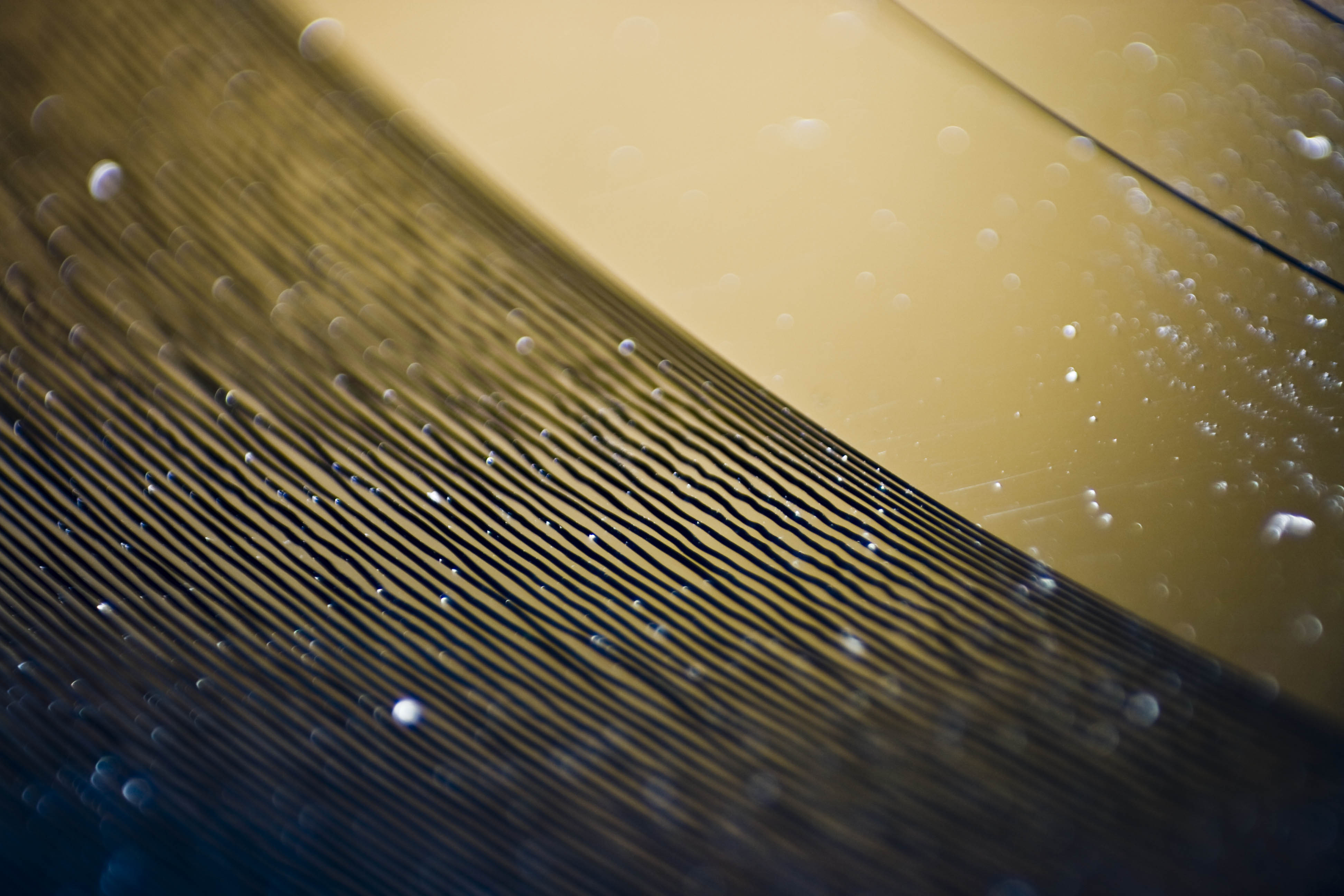The recording industry will continue its slow decline for a few more decades yet. Music will exist to be archived, enjoyed, studied, mashed-up, dipped into, lauded, hated, remixed, repackaged, uploaded, downloaded and recorded. It'll survive somehow, if anything, if only by unconventional means. Probably.
I'm not an industry insider or an A&R person (although I feel I might as well be an A&R person, because I rarely make new discoveries from anything on the radio these days but by trawling blogs; services like Soundcloud, Youtube, Last FM and anything else out there). My qualifications might be the same as yours. I'm a music lover, frustrated pop star and in theory an 'audiophile'. It's not nostalgia that's driving this piece but the present reality. Ironically this next section will begin with me placing my fingers in my ears and not so much as humming but fantasising.
 |
| Origami Vinyl, LA |
There are record shops everywhere. As many as coffee shops (actually they could sell coffee too and tea). I would prefer if most of them were independent. Independent record shops each have their own identity, specialism subject, niche, whatever. They are little worlds you can get lost in. Lost in music, if you will. They are record shops though. Which means they sell vinyl. Lots of them. They can still sell music on compact disc/mp3/cassettes, and mini-discs if they like. The emphasis should be on the pieces of plastic we also call 'records.'
I want decent record players, turntables, amps and speakers to be on sale. In my fantasy there will be demand and manufacturers will meet this demand because people are buying them, because they have been publicised and there are places to buy them, people who appreciate good sound quality and because, well, it's my fantasy and in my fantasy record buyers will treat music as a luxurious pastime, not something that's half-heartedly being piped into supermarkets. Consumers care about romance, packaging, presentation, supporting independent shops, the anticipation of the release date, going out to look for the album, seeing it on display, maybe hearing it being played in the shop, the journey home, taking the record out of the sleeve and carefully placing it onto the slip mat...turning the lights down...and hearing the sound of your favourite band/classic album pouring out of the speakers.
| Seattle, 1944 |
In this climate (my fantasy, and some small sections of reality) people care about the sound quality in music. They've grown tired/deaf from compressed music, low bitrate, tinny, shitty, low quality mp3's that screech out of mobile phones, cheap speakers in clothes shops, hammered into your face in bars, pissed out of computer speakers and Christ knows what. Our customers are tired of remastered albums where the sound engineers, to compete with other bands and artists, just actually whack up the master track, rather than enhance, restore, preserve the space and dynamic range in each of the multi-tracks. In my fantasy world, my products will not be refugees of the Loudness War
In addition, in the UK we have a day once a year where some of our artists, in support of independent record shops, release limited edition vinyls. It's called 'Record Store Day' or something like that, although it should be known as 'Record Shop Day'. Anyway, it does quite well, gets a lot of support from the music press and radio. Now why can't it be like that every week? Better still why don't artists just make their stuff available (at least on one format) exclusively at record shops? Let the supermarkets sell pap. (Of course I know the answers. It's money, money, money) Still...
In Part 2, I'll look at Technology and Culture of the recording industry.



No comments:
Post a Comment